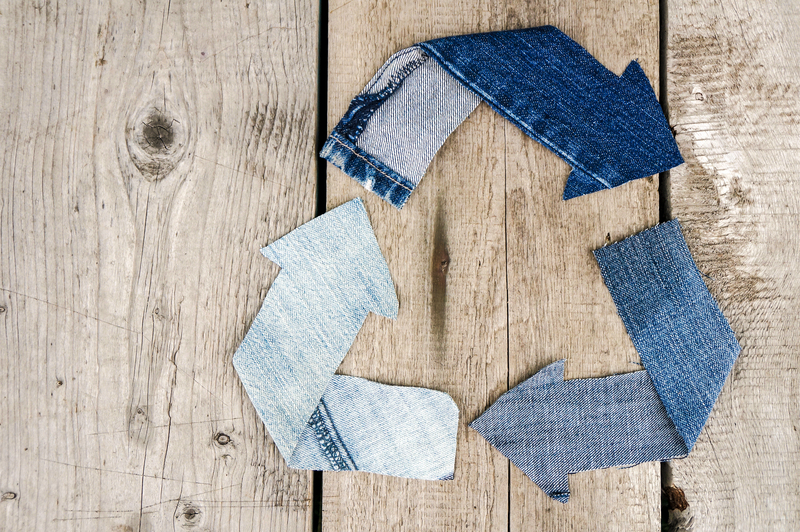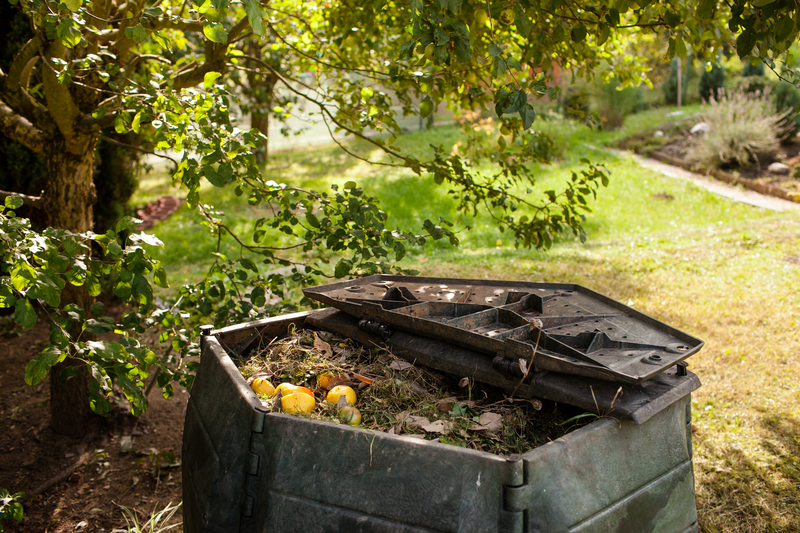Recycling Slip-Ups
Posted on 18/10/2025
Recycling Slip-Ups: The Missteps You Need to Avoid
The Importance of Recycling Correctly
Recycling is a crucial practice for reducing waste, conserving natural resources, and mitigating the environmental impact. Despite its importance, many people unknowingly commit recycling mistakes that can reduce its effectiveness. Understanding and correcting these slip-ups can help in maximizing the benefits of recycling.

Common Recycling Mistakes
Contaminating Recyclables
One of the most common mistakes is contaminating recyclables with food waste or non-recyclable materials. Food residue can spoil an entire batch of recyclable materials, making it unsuitable for processing. Always rinse containers before recycling them.
Incorrectly Sorting Items
Each municipality may have different guidelines for what can be recycled. Mixing items that are not accepted in your local recycling program can cause contamination and force recycling facilities to discard contaminated loads.
Recycling Plastic Bags
Most curbside recycling programs do not accept plastic bags due to the risk of tangling in machinery. Instead, take plastic bags to designated drop-off locations often found at grocery stores.
Ignoring E-Waste
Electronic waste (e-waste) requires specialized recycling methods due to the presence of hazardous materials. Disposing of e-waste with regular recyclables can cause harmful chemicals to leak. Always take e-waste to certified recycling centers.
Specific Types of Recycling Errors
Wish-Cycling
Wish-cycling is the practice of tossing uncertain items into the recycling bin in the hope they can be recycled. Items like greasy pizza boxes, certain plastics, and broken glass are often not recyclable and can contaminate other materials.
Leaving Lids On Containers
Many people mistakenly leave lids on plastic bottled items. Different types of plastics often need to be processed separately, so it's important to remove lids before recycling bottles and containers.
Not Flattening Cardboard
Failing to flatten cardboard boxes can take up unnecessary space in recycling bins and ultimately make the recycling process less efficient. Always flatten boxes to aid in processing.
Climate Impact of Improper Recycling
The improper recycling of certain materials can contribute to higher carbon footprints. For example, contaminated paper products may end up in landfills, releasing methane gas as they decompose.
Tips for Improved Recycling
- **Know Local Regulations:** Familiarize yourself with the recycling guidelines specific to your area.
- **Avoid Single-Use Plastics:** Reduce the need for recycling by minimizing the use of disposable plastic products.
- **Rinse Before You Recycle:** Always rinse food and drink containers to eliminate food residue.
- **Separate Items Correctly:** Keep different types of recyclables separate to avoid contamination.
- **Use Designated Drop-Offs:** Take specialized materials like plastic bags and e-waste to appropriate recycling locations.
The Pros and Cons of Recycling
Pros
- **Conserving Resources:** Recycling helps conserve natural resources like timber, water, and minerals.
- **Energy Conservation:** It often takes less energy to produce goods from recycled materials than from raw ones.
- **Pollution Reduction:** By recycling, the pollution associated with waste disposal and production processes is reduced.
- **Economic Benefits:** Recycling can create jobs and contribute to the economy by producing more sustainable products.
Cons
- **Contamination Issues:** Incorrect recycling can lead to material contamination, rendering it useless.
- **Logistical Challenges:** The recycling process involves complex sorting, cleaning, and reprocessing stages.
- **Energy Use:** While recycling saves energy in the production phase, the actual recycling process can be energy-intensive.
- **Limited Market:** Not all recycled materials have a high market demand, affecting the economics of recycling.

Key Takeaways
- Avoid contaminating recyclables with food residue.
- Don't mix non-recyclables with accepted items.
- Be aware of specific guidelines for electronics and plastic bags.
- Practice mindful recycling to make the process more efficient.
Conclusion
Recycling is a powerful tool in the battle against environmental degradation, but it must be done correctly to be effective. By avoiding common recycling mistakes and adhering to best practices, you can contribute significantly to a healthier planet. Always stay informed about your local recycling regulations and strive to reduce waste where possible.
а
Latest Posts
Essential Tips for Managing Organic Waste






